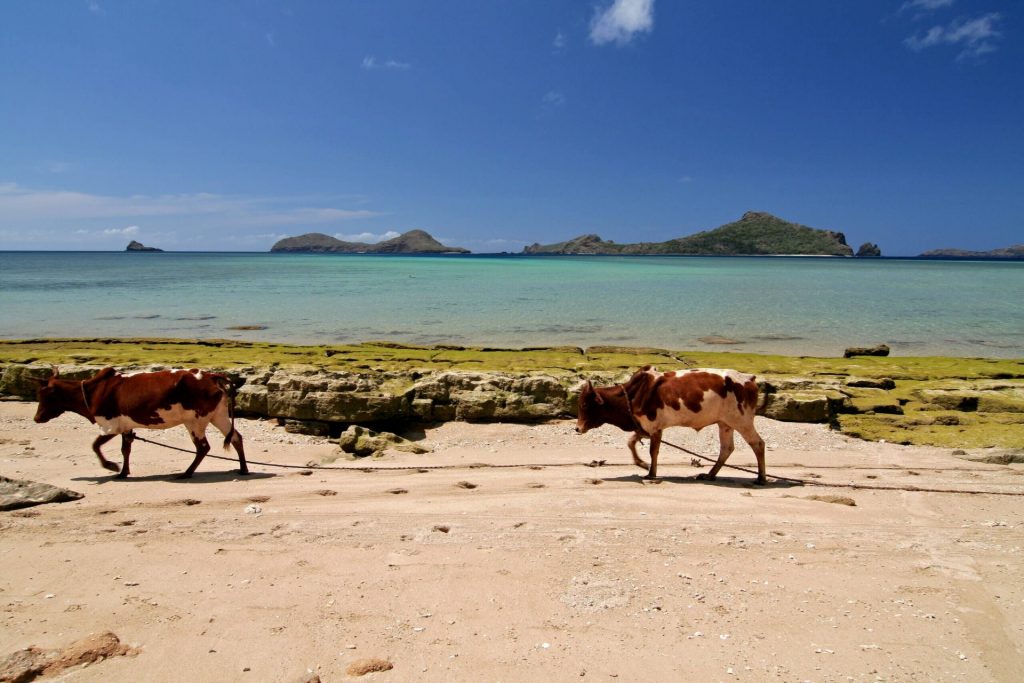heading
PROJECT: GOVERNANCE, ACCOUNTABILITY AND LEARNING FOR WATER SUSTAINABILITY (GOAL-WATERS)Comoros
Reviewing the water code and strengthening of the water sector regulation in Comoros

Goal
The objective of the GoAL WaterS activities is to support the government of the Union of the Comoros in strengthening regulation of the water sector through the revision of the water code.
Revision started in 2014 when technical and financial contributions made it possible to identify the gaps in the previous versions, in particular those related to the challenges of climate change, gender, human rights, access to quality water, use of water in agriculture, and integrated water resource management.
SIWI’s experts conducted several fieldwork missions, and met with stakeholders, players on the ground, development partners and the main ministerial departments. This resulted in a draft water code approved by stakeholders in the water sector.
Challenge
The main challenges are ensuring that the new legislation takes the Sustainable Development Goals and human rights into consideration, includes the mitigation of and adaptation to climate change, creates integrated water resources management and governance decentralization, and includes the institutional changes that have occurred since 1994.
New collaboration agreements about water management need to be put into place, and stakeholders need to agree on the social values and governance attributes of the water code and its by-laws as well as on clear roles and responsibilities.
Last but not least, the water code needs to harmonize with the other legislative documents governing the water-dependent sectors.
Strategy
Action taken to reach an agreed draft water code includes:
- Consultation of stakeholders for a better understanding of the socio-economic and environmental objectives of the current institutional and legal context.
- Assessment of institutional and legal arrangements as well as the roles and responsibilities of water sector stakeholders.
- Evaluation of the development objectives and strategies of the water-dependent and water-impacting sectors and review of the legislation in force.
- Cross validation of information collected and institutional mapping of stakeholders by governance function.
Achievements
Goal-WaterS activities made it possible to support the revision of the Water Code of 1994 in collaboration with the UNDP Comoros team.
The technically approved new water code takes into account the challenges linked to climate change, gender equity, human rights to water and sanitation, and integrated management of water resources.
